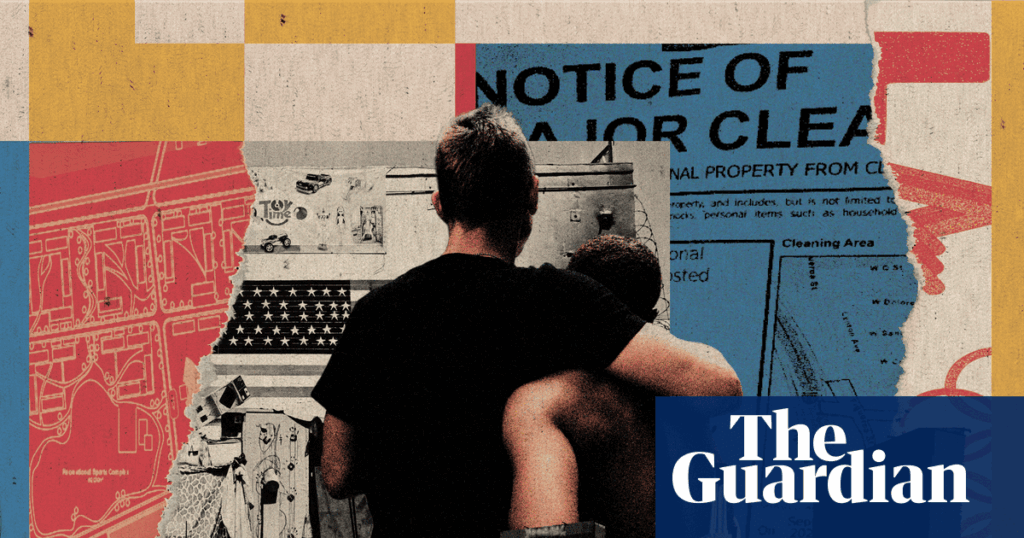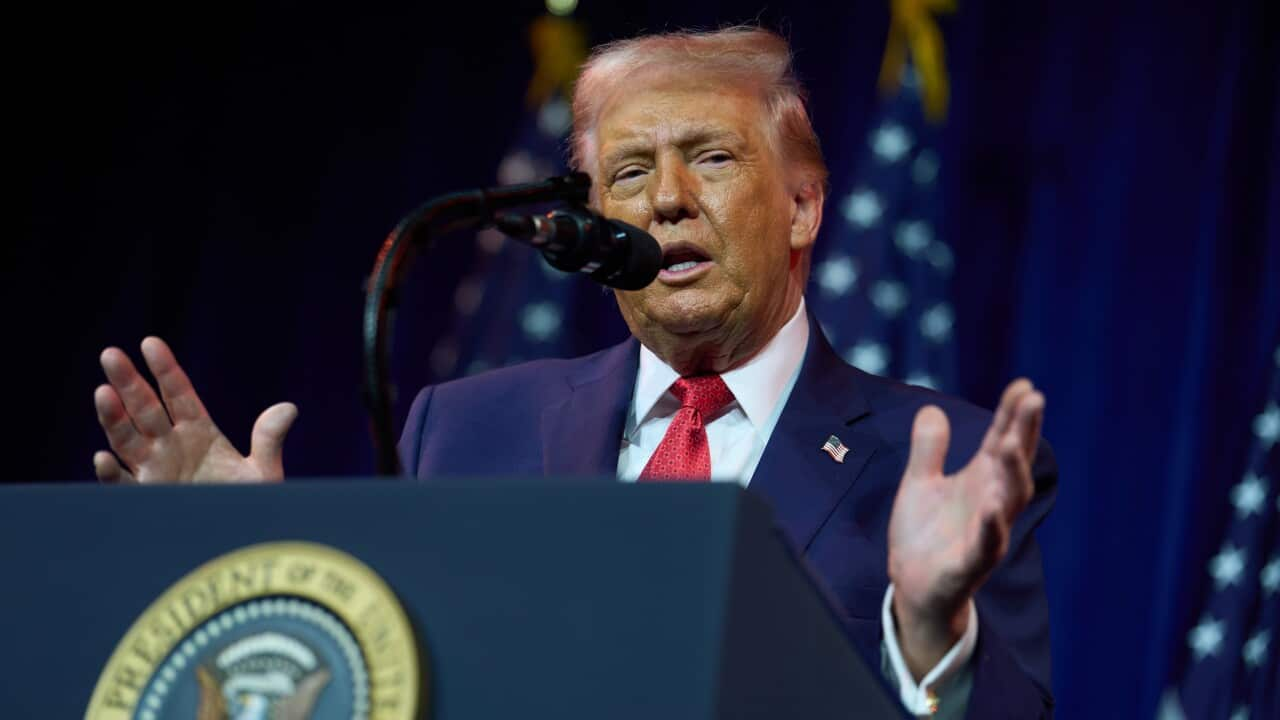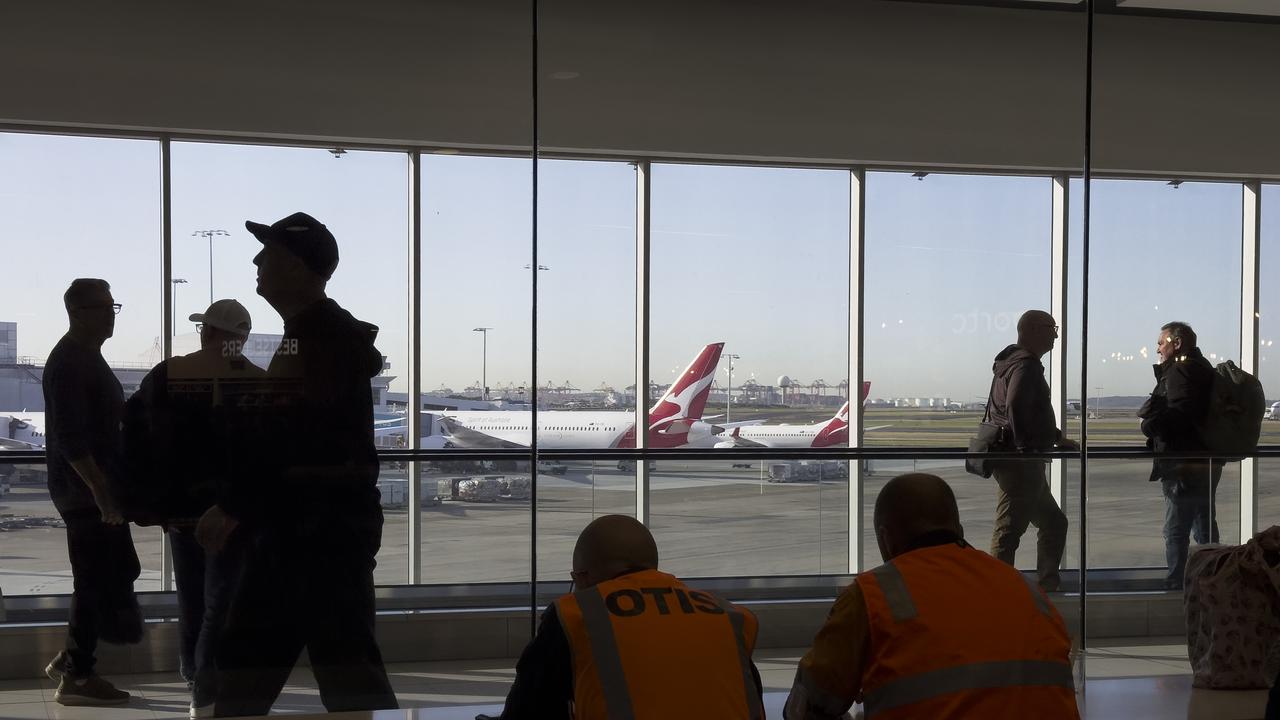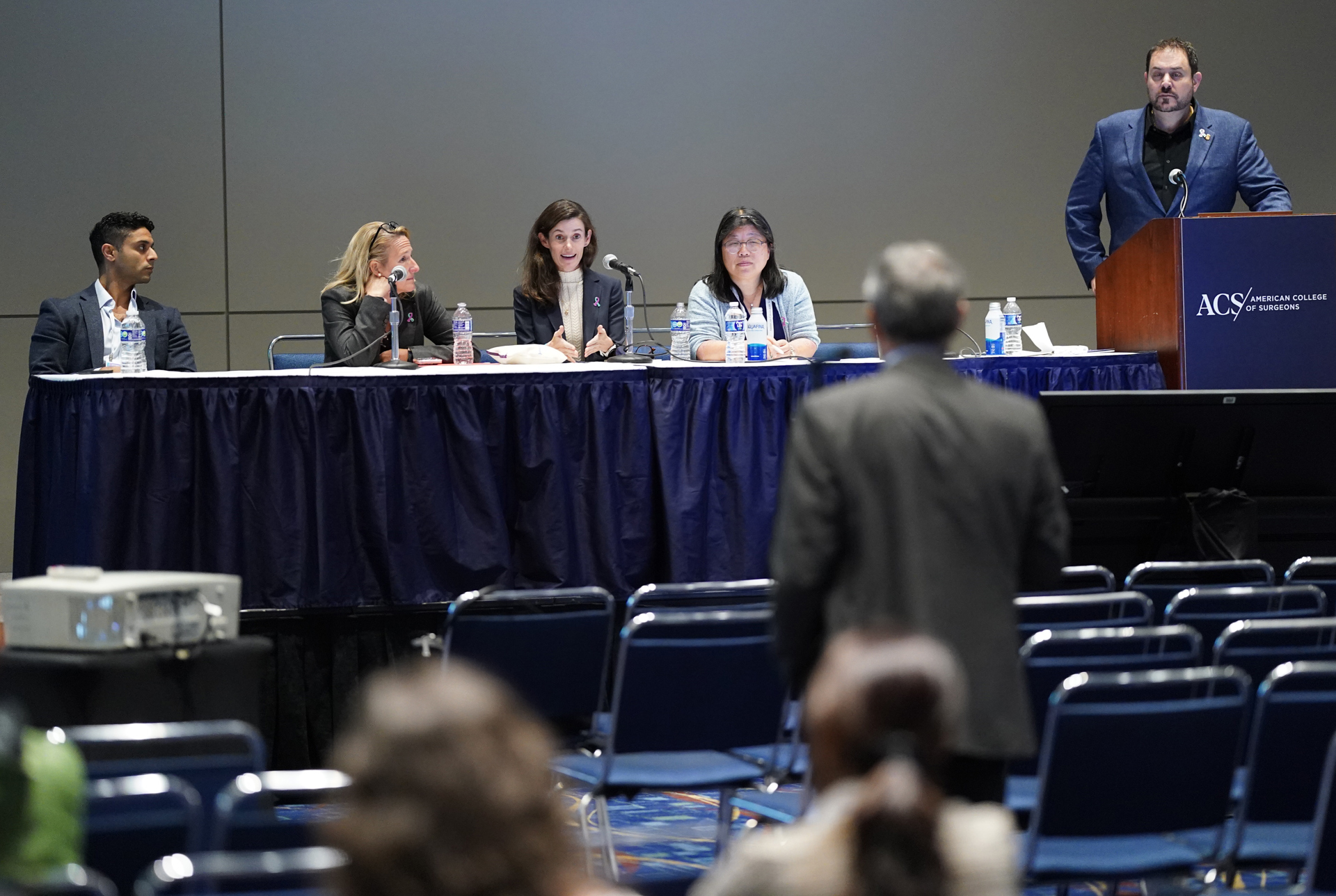
In the lead-up to the 1984 Olympics in Los Angeles, the city took drastic measures to remove unhoused individuals from downtown, deploying 30 police officers on horseback to “sanitize the area,” as described by a police captain at the time. This initiative led to arrests, forced removals, and the destruction of personal possessions. As Los Angeles gears up to host the Olympics once again in 2028, civil rights advocates are sounding the alarm, fearing a repeat of history with potentially severe consequences for the city’s unhoused population.
Los Angeles Mayor Karen Bass has pledged not to repeat the 1984 tactics, emphasizing a “housing first” strategy. However, the scale of homelessness in Los Angeles today is far greater than it was four decades ago. The city and county are home to an estimated 72,000 unhoused individuals, including 24,900 in shelters and 47,400 living in tents, makeshift structures, and vehicles. Despite reported progress in moving people indoors, the shortage of affordable housing poses a significant challenge to stabilizing this population before the 2028 Games.
Historical Parallels and Current Challenges
The fear of mass displacement is not unfounded. History shows that host cities often attempt to “cleanse” their streets of marginalized communities before major events. In Moscow 1980, Atlanta 1996, Rio de Janeiro 2016, and Paris 2024, similar patterns of displacement and criminalization were observed. The 1984 LA Olympics, in particular, saw a militarization of the police force, with increased aggressive policing targeting Black and Latino youth.
Pete White, executive director of the Los Angeles Community Action Network, recalls the pre-Olympics arrests of his relatives, noting the fear that gripped communities of color. “Young Black and brown men were afraid to be in the streets,” he said, highlighting the aggressive policing under the guise of addressing gang violence.
Political Pressures and Policy Responses
The current political climate adds another layer of complexity. Former President Donald Trump, who appointed himself chair of the White House Olympics taskforce, has been vocal about his desire to see encampments disappear from American cities. His administration’s policies, combined with a Supreme Court ruling allowing for the criminalization of homelessness when no shelter is available, have intensified concerns about potential crackdowns.
“The pressures are going to come from the White House, from the state, and from local government as we get closer to the Olympics,” said Pete White.
California Governor Gavin Newsom’s push for aggressive sweeps and his presidential ambitions further complicate the situation. Despite his claims of a compassionate approach, advocates fear that political competition could lead to punitive measures against the unhoused.
Community Impact and Grassroots Responses
Recent actions, such as the closure of a long-standing encampment in Van Nuys, have already displaced dozens of individuals. While city officials deny any connection to the Olympics, the timing and location of these sweeps raise suspicions. Carla Orendorff, an organizer working with displaced residents, reports that many have been forced back onto the streets, highlighting the inadequacies of temporary shelter solutions.
“They’re strategically cleaning out the area for the Olympics,” said Giselle “Gelly” Harrell, a displaced resident.
Mayor Bass maintains that these actions are not Olympics-related, emphasizing efforts to provide shelter and resources. However, the effectiveness and sustainability of these efforts remain in question, particularly as the city also prepares to host the World Cup next year.
Legal and Advocacy Perspectives
Advocates are particularly concerned about the legal landscape following a Supreme Court decision that grants local authorities more leeway to criminalize encampments. John Raphling of Human Rights Watch notes that this has led to increased arrests and citations for homelessness-related offenses in Los Angeles.
“The legal restraints are gone, and there is broad policy-level agreement by liberals and conservatives that sweeps are an acceptable approach,” Raphling said.
Despite promises of restraint, the city’s actions suggest a different reality. Eric Sheehan of NOlympics warns of potential collaborations between local and federal authorities to target unhoused individuals during the Olympics.
Looking Forward: Solutions and Opportunities
Homelessness service providers and advocates are calling for bold solutions that prioritize housing and resources without resorting to criminalization. The early pandemic strategy of moving people from tents to motels proved costly and challenging, but experts like Gary Blasi suggest direct cash payments as a potential solution to expedite housing transitions.
Alex Visotzky of the National Alliance to End Homelessness points to the success of rapid rehousing programs, emphasizing the need for political will and funding to scale these efforts. However, funding cuts, including those from federal resources, pose significant barriers.
“We know how to move people back into housing and do it quickly. It’s just a matter of whether we can marshal the political will to bring the money to make that happen,” Visotzky said.
As the countdown to the 2028 Olympics continues, the city of Los Angeles faces mounting pressure to address its homelessness crisis in a humane and effective manner. The actions taken in the coming years will not only impact the success of the Games but also shape the future of the city’s most vulnerable residents.






